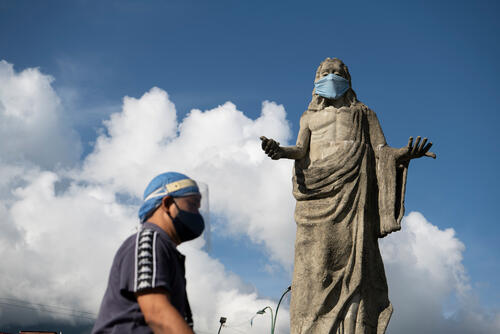In a country where the health system has all but collapsed, COVID-19 has prevented even more people from accessing medical care, whether for chronic diseases or for emergency care for their children. In the capital, Caracas, MSF’s project for survivors of sexual violence had to scale back its services after half of its staff were redeployed to the COVID-19 response. Many of MSF’s patients have been unable to reach the hospital due to travel restrictions. But despite the obstacles, the reduced team has worked around the clock to support patients in every way they can. Dulce, Yamilette and Alberto are three people with a shared message that has sadly become all too familiar in Venezuela.
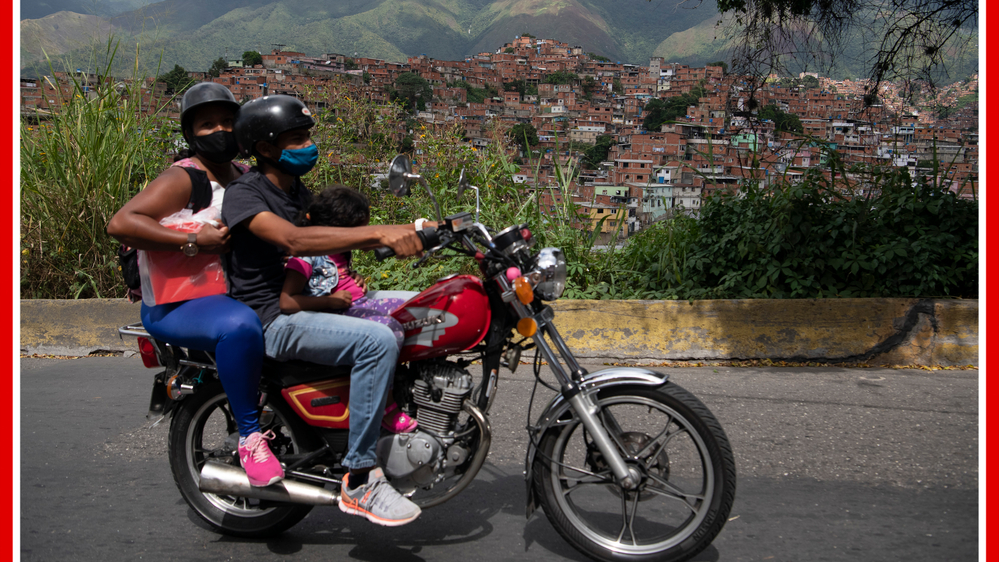
“I went to two health centres but they wouldn’t let us in”
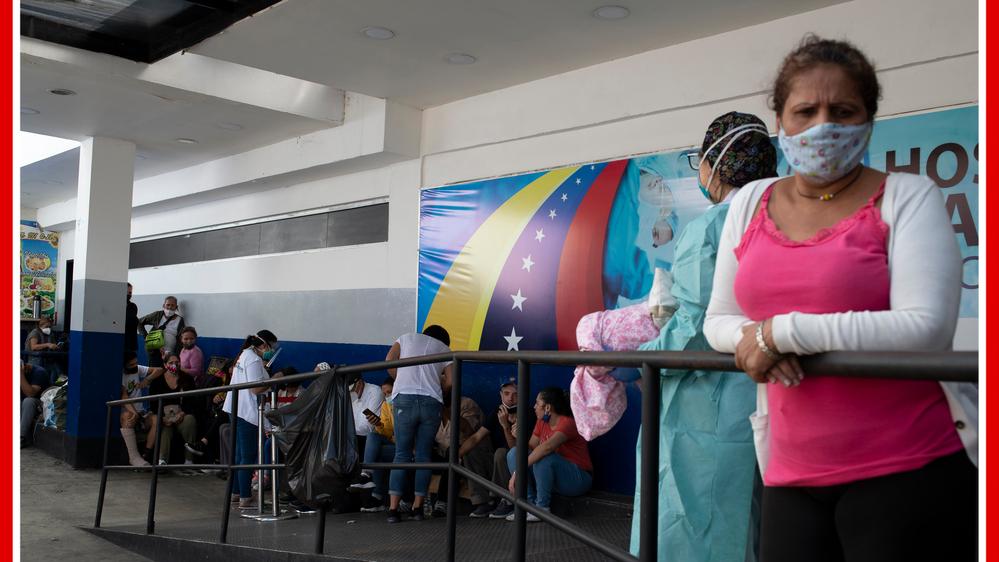
“Everywhere we go they attend first to the COVID patients”
People wait in a queue to see a doctor


People wait at the entrance to the emergency room at Vargas hospital in Caracas, Venezuela. As staff focus on patients with COVID-19, more and more people are unable to access care for chronic diseases or get emergency medical treatment.

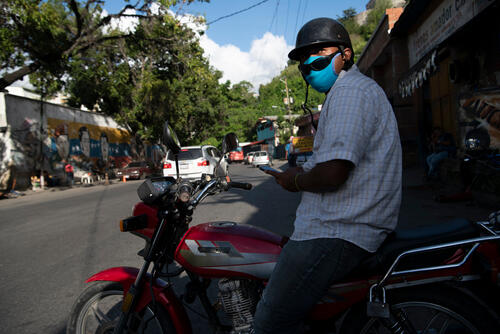
Alberto Martinez, 35, waits for passengers on his motorcycle-taxi in Petare, Caracas. When his four-year-old son, who is asthmatic, required urgent medical assistance recently, his father was unable to find a medical facility open to patients with conditions other than COVID-19.

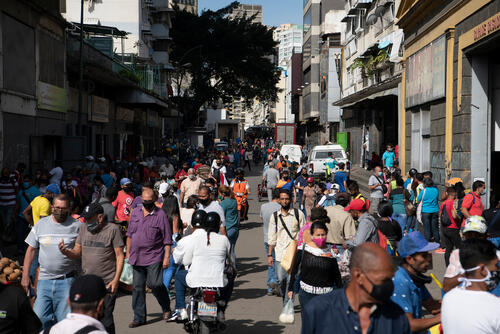
When COVID-19 hit Venezuela, the country was already immersed in a long-lasting economic and humanitarian crisis, which has been exacerbated by the pandemic. With a collapsing health service struggling to response to people’s basic medical needs, the indirect effects of the pandemic have seen many Venezuelans unable to get medical care.




